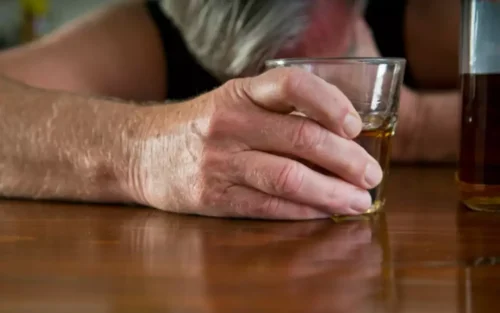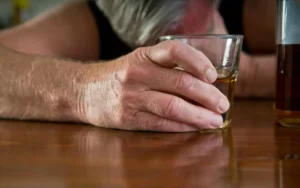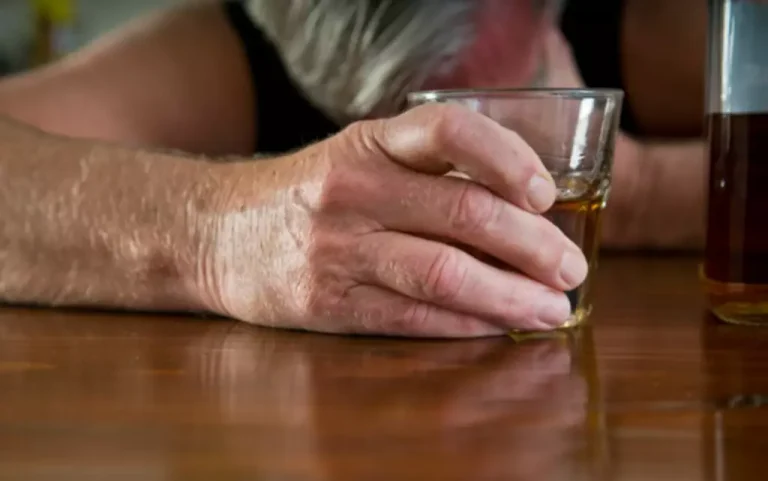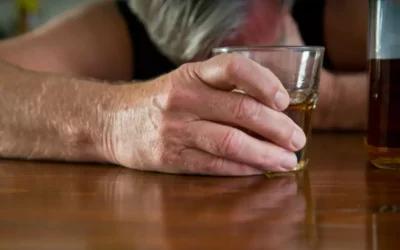Alcohol and dementia risk or protective factor? Nature Reviews Neurology - HostExpert
November 16, 2020

While drinking may have started out feeling good, tolerance builds over time, and you eventually drink to avoid feeling bad. Springer Nature remains neutral with regard to jurisdictional claims in published maps and institutional affiliations. A doctor may consider other causes of the symptoms if the person does not show any signs of improvement.
Diagnosis
- Quitting drinking will prevent additional loss of brain function and damage.
- Sometimes, physical changes such as movement disorders or coordination problems can help differentiate types of dementia.
- Objective To examine the association between alcohol consumption and risk of dementia.
- It can affect several areas of the brain, but it most commonly affects the mammillary bodies found on the hypothalamus.
If you suspect you have this condition, reach out to a healthcare professional as soon as possible to discuss treatment options. The sooner you treat alcohol-related dementia, the better your chances of recovery. The brains of participants who were drinking three units of alcohol a day over the previous month had reductions in both white and gray matter, making their brains appear three and a half years older. For reference, one unit is considered a half pint of beer or a small glass of wine. The symptoms of alcohol-related dementia and age-related dementia are fairly similar.
Supporting a person with alcohol-related brain damage
It is well established that excessive and prolonged alcohol use can lead to permanent damage to the structure and function of the brain 1. Despite this, there is little consensus on the characteristics of a dementia syndrome related to sustained alcohol abuse or its relationship to Wernicke-Korsakoff syndrome (WKS). After a long period of neglect, research interest has increased in recent years and has been spurred on by clinical demand, increased reported rates of alcohol abuse in older people, and increasing alcohol consumption by women 2, 3.

Programs to Treat Alcoholic Dementia and Dependance
These changes may hinder the brain from functioning properly, causing cognitive decline. The causes of young-onset dementia, also known as early-onset dementia, are different from those in older people. The young-onset of some of the most common types of dementia are described on this page.


A 2016 study found that heavy can alcohol cause dementia drinking, equating to eight or more drinks per week, and drinking liquor increased cognitive decline among people with AD. A 2020 study showed that moderate alcohol intake could lower a person’s risk of developing Alzheimer’s disease. These reviews were included in the World Alzheimer’s Report 2014 and the National Institute for Health and Care Excellence (NICE) Guidance. Each combined multiple research studies to reach a consensus on alcohol consumption and the development of dementia. Several high-profile reviews looked at the research into alcohol and dementia risk.

Associations between dimensions of alcohol use and specific brain functions
- This is because alcohol damages the part of the brain that controls balance, co-ordination and posture.
- Sometimes, nutritional supplementation can help prevent the progression of this type of dementia.
- Social isolation appears to be a significant factor in the poor identification and treatment of ARD, and a high proportion of patients are unmarried or do not have the support of family or friends 43, 53.
- First, different definitions of alcohol consumption may lead to heterogeneity.
Establishing whether moderate drinking is good or bad for health is nearly impossible to know due to confounding lifestyle and other factors. Confounding occurs when an observed association is influenced by a third variable, making it hard to determine if the relationship between alcohol and health outcomes is genuinely causal. A standardized form will be used to extract data from the included studies. From each study, we extracted the first author, publication year, region, sex, age, follow-up duration, sample size and person-years stratified by alcohol dose, diagnosis criteria, alcohol intake, HR /RR and 95% CI.
Using the national hospital episode statistics database we identified hospital admissions attributable to alcohol related chronic disease according to the ICD codes (international classification of diseases, ninth and 10th revisions) defined by the Centers for Disease Control and Prevention23 (appendix table S4). Quitting drinking will prevent additional loss of brain function and damage. Also, improving the patient’s diet can help; however, diet does not substitute for alcohol abstinence in preventing alcohol-related dementia from worsening. Alcohol itself does not directly cause Wernicke-Korsakoff syndrome as much as the damage to the brain cells that takes place from a thiamine deficiency (vitamin B1) caused by alcohol.
Databases

Sometimes, knowing what to expect and how others have managed challenges can help provide a source of comfort and community. Not everybody who consumes excessive amounts of alcohol for long periods of time develops dementia. But there is no way to predict whether a person who consumes large amounts of alcohol will develop alcoholic dementia or not.
-
The incredible Hulk Online Ports Game 100 percent free Ports On the internet in the 2025 January 12, 2025 No Comments
-
-







